Columbia College | Columbia University in the City of New York
Bookshelf
Sky Gazer by Alan Holder ’53. In this collection of more than 120 poems, Holder requests that the reader embrace his or her identity as “a creature of feeling.” Allusions to past works are combined with ruminations on present questions and blunt, often comical observations. (Anaphora Literary Press, $20).
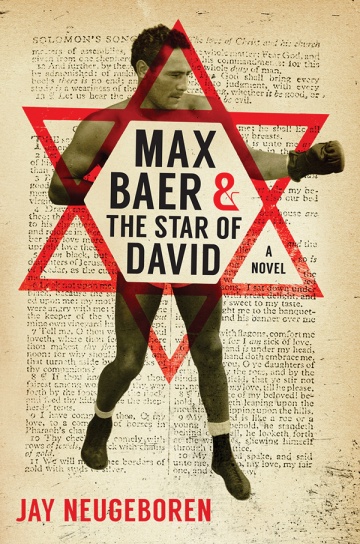
Dissent and the Supreme Court: Its Role in the Court’s History and the Nation’s Constitutional Dialogue by Melvin I. Urofsky ’61. How does a dissenting opinion transform from a minority disagreement into a strongly supported precedent? Focusing on major conflicting opinions throughout history, Urofsky illuminates the influence of dissent as a practice and its broader implications in crafting a nation built upon the imperative of change (Pantheon, $35).
Zone: Selected Poems by Guillaume Apollinaire translated by Ron Padgett ’64. This bilingual text places Apollinaire’s original French adjacent to Padgett’s English realization of the words so that on the page, they seem to converse with one another. Padgett explores a range of poems “from visionary extravaganzas to lighthearted little nothings,” paying a deep respect to the poet’s extensive body of work (NYRB Poets, $16).
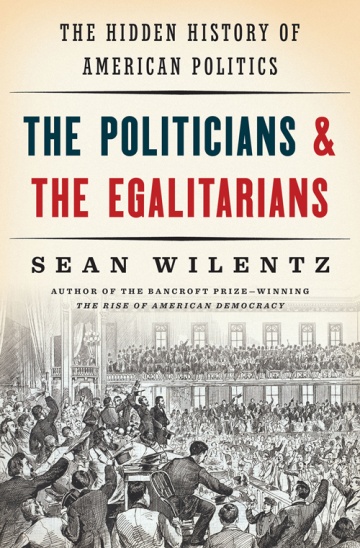
The Politicians and the Egalitarians by Sean Wilentz ’72. In the midst of a contentious election year, Wilentz, one of the country’s most eminent historians, offers a sharp portrait of our nation’s history and interprets how the alliance between egalitarian social movements and partisan politics has achieved the most notable liberal victories in the United States (W.W. Norton & Co., $28.95).
The Graduate School Mess: What Caused It and How We Can Fix It by Leonard Cassuto ’81. How has graduate education in America devolved into a system that leaves its students disillusioned and unemployed? In this critical work, Cassuto offers transformative solutions to return graduate institutions to their position as effective facilitators of worthwhile study (Harvard University Press, $29.95).
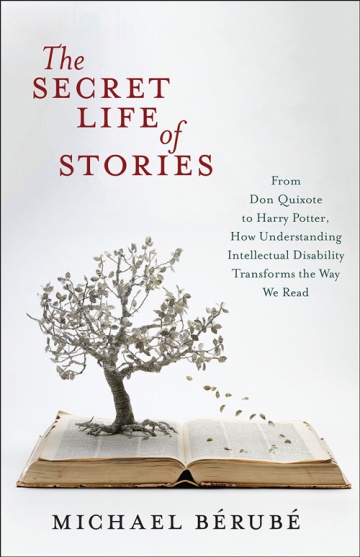
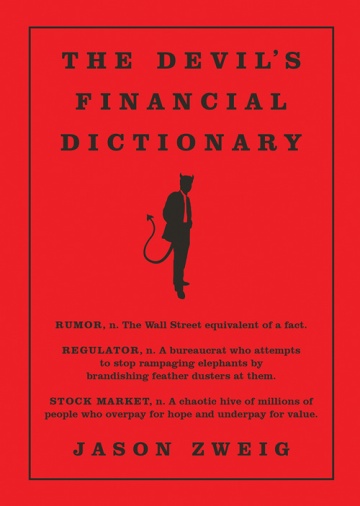
Education and the Commercial Mindset by Samuel E. Abrams ’86. Veteran teacher and administrator Abrams analyzes the movement to privatize K–12 education in America and, based on deep reporting, makes recommendations on how public schools should adopt lessons from the business world (Harvard University Press, $39.95).
The Nutshell Technique: Crack the Secret of Successful Screenwriting by Jill Chamberlain ’89. Has Chamberlain discovered cinema’s genetic code? The veteran script consultant analyzed a range of blockbusters from Casablanca to Little Miss Sunshine to make a surprising point: 99 percent of screenwriters present a situation rather than a story. Chamberlain then presents an eight-step strategy for structuring a successful screenplay (University of Texas Press, $21.95).
Cooking Solo: The Fun of Cooking for Yourself by Klancy Miller ’96. Pastry chef Miller inspires readers to find their groove cooking for one, without the hassle of scaling down larger recipes or being stuck with leftovers. Miller’s playful tone and sophisticated palate suggest that preparing meals for yourself should be an occasion, not a chore (Houghton Mifflin Harcourt $19.99).
Wellth: How I Learned to Build a Life, Not a Résumé by Jason Wachob ’98. Combining personal anecdotes with expert contributions, Wachob details how to reevaluate your life to achieve “wellth,” or true fulfillment and richness in existing. A creative take on the notion of self-help, this book emphasizes oft-overlooked simplicities (Harmony Books, $26).
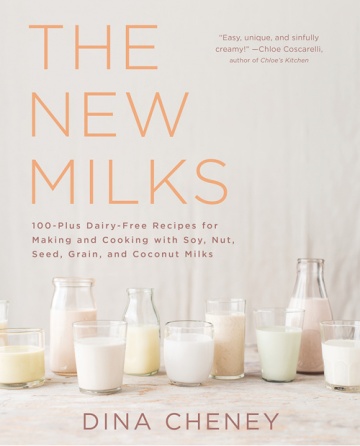
— Aiyana K. White ’18
Issue Contents
Published three times a year by Columbia College for alumni, students, faculty, parents and friends.
Columbia Alumni Center
622 W. 113th St., MC 4530, 6th Fl.
New York, NY 10025
212-851-7852
cct@columbia.edu
Columbia Alumni Center
622 W. 113th St., MC 4530, 4th Fl.
New York, NY 10025
212-851-7488
ccalumni@columbia.edu

